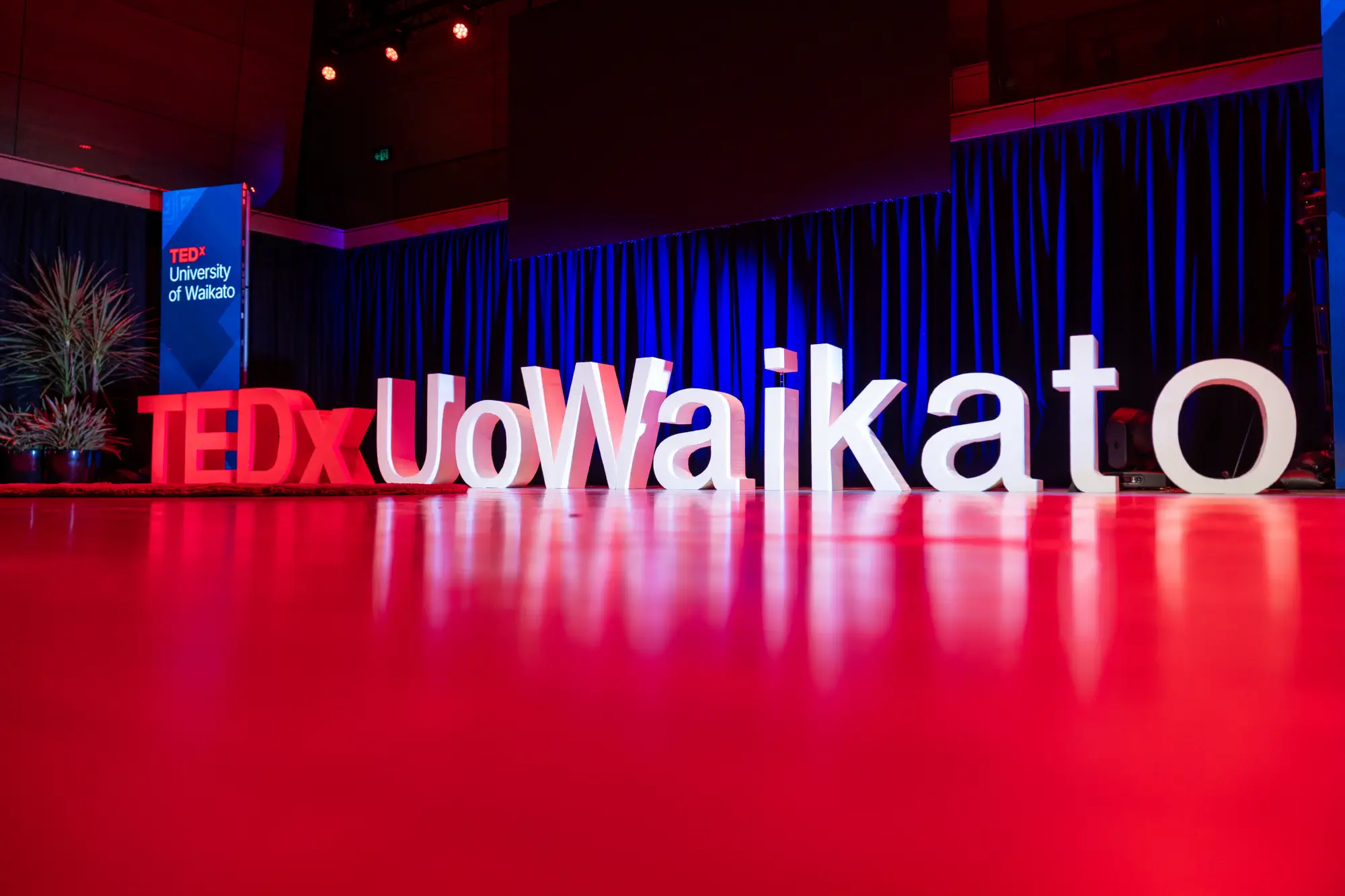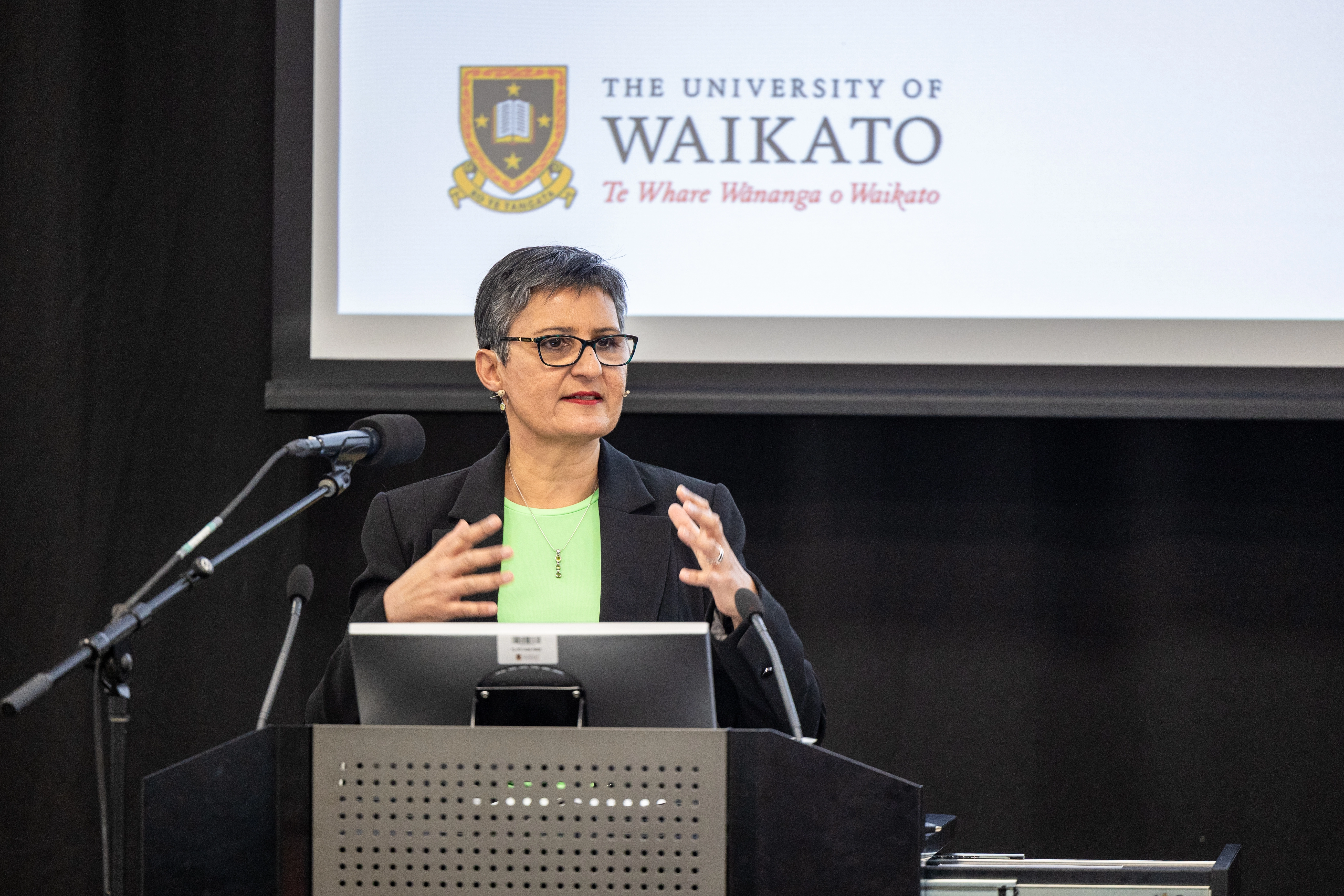Lecture series
Information about upcoming public lectures, featuring our distinguished professors and experts from various fields.
TEDx UoWaikato
Watch our captivating TEDx talks from the University's 60th anniversary celebrations—now on YouTube.
Discover these transformative talks—watch Dr Marie Magnusson describe how seaweed has the potential to revolutionise global food production.


Lecture Series
Meet our newest professors. Explore our lecture series, featuring the Inaugural Professorial Lecture Series and Public Lectures held in Hamilton and Tauranga.
Early Years Research Centre Seminars
The Early Years Research Centre at University of Waikato studies children aged 0-8 years in early childhood centers and schools, as part of the Wilf Malcolm Institute of Education Research.
50th Anniversary of Computing at Waikato
A series of lectures and podcasts celebrating the 50th Anniversary of Computing at the University of Waikato.
Kaupapa Kōrero
Little talks; big topics.